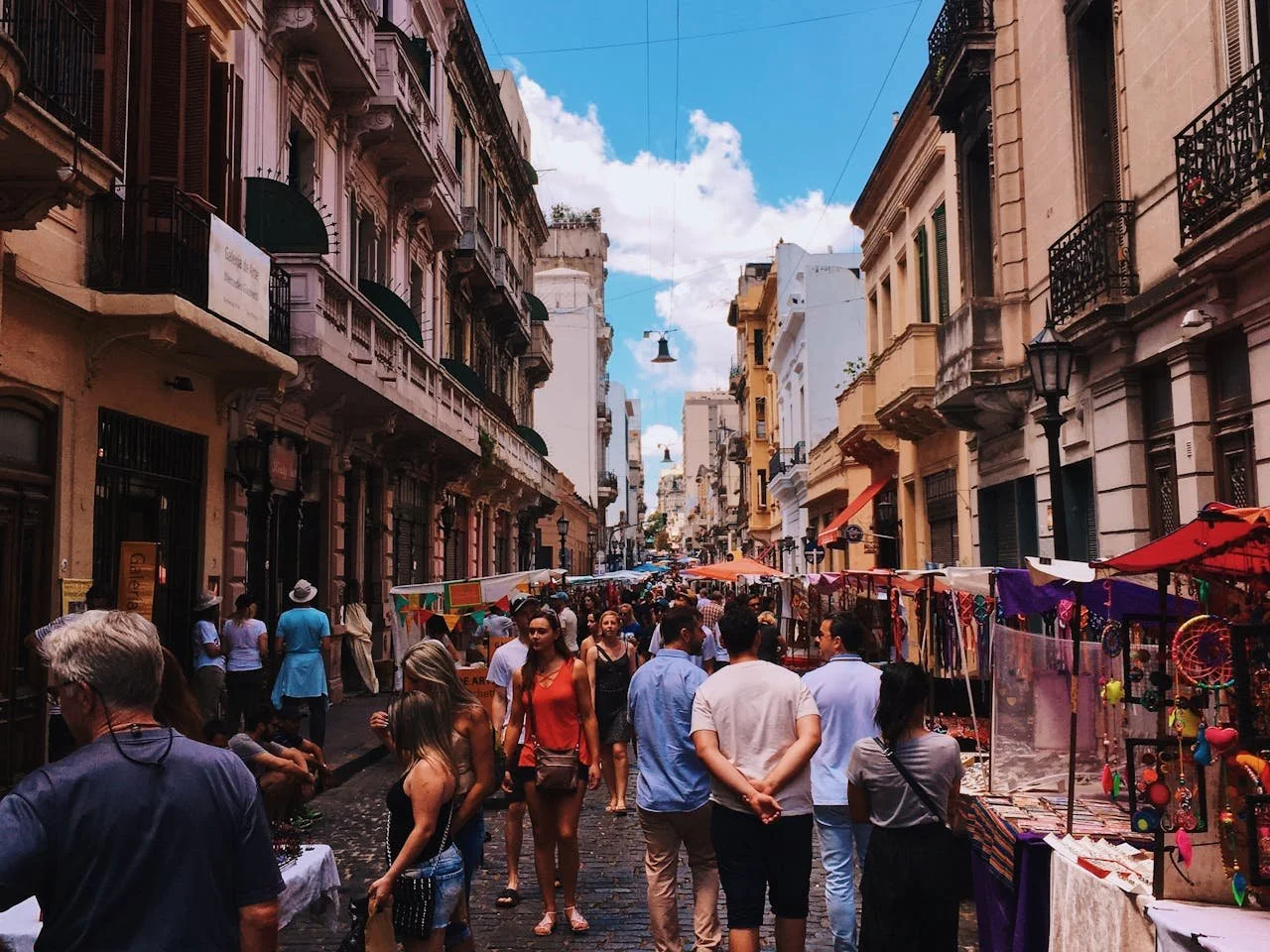‘Why noise pollution is slowly killing us all’
by Daniel Fink, MD, Chair, The Quiet Coalition
Photo credit: Photo by Rafael Guimarães
Forbes published an article by senior contributor Bruce Dorminey with the same title as this blog post. The article covers much of what science journalist Chris Berdik wrote in his recent book, “Clamor: How Noise Took Over The World And How We Can Take It Back.”
Dorminey points out that excessive noise is ubiquitous, especially in urban areas; open plan offices make it hard to concentrate; noisy restaurants are a problem; and noise in natural landscapes causes wildlife to change their behavior, also impacting plant seed dispersion. Dorminey reiterates Berdik’s reporting that natural sounds, birdsong recordings or simply the quiet of a desert or mountain environment can be relaxing.
My only quibble is with the title of the article, which of course means I’m quibbling with myself. Noise pollution doesn’t only kill slowly. Noise exposure can kill quickly, too. A study in Zurich linked specific nighttime airplane flights to specific heart attacks and increased mortality in those exposed to nighttime aircraft noise.
Noise is recognized as a health problem in Europe, but not yet in the United States. The European Commission is taking steps to reduce transportation noise exposure. We hope that the introduction of electric vehicles, electric aircraft and newer airframe and engine designs will lead to quieter roads, highways and skies.
A quieter world will be a better and healthier world for all.

